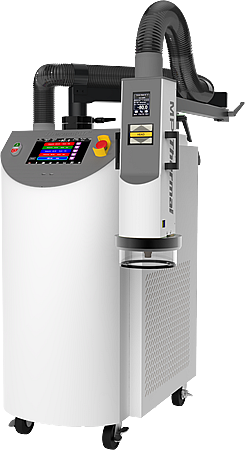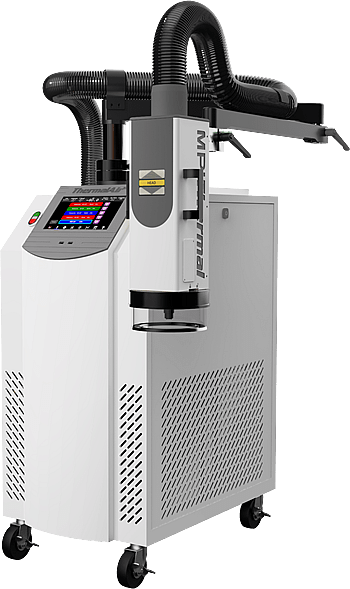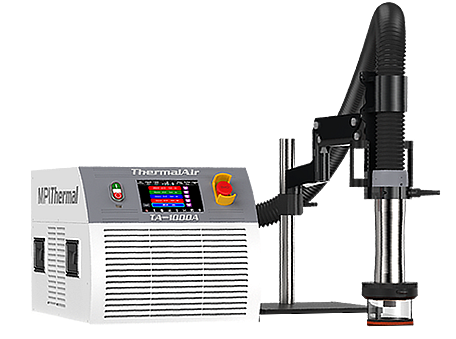Innovations in Telecommunications Thermal Testing
From wireless telecommunications and voice-over-internet phones (VoIP) to fiber optic splicing and testing, the telecommunications industry is advancing rapidly every day. As a trusted representative firm, AGNEW-ASSOC. is here to support your company by providing access to state-of-the-art telecommunications thermal test equipment, ensuring that your products are optimized for the environmental conditions they will encounter in the field.
Telecommunications and other electronic innovations must meet rigorous thermal testing standards to ensure they perform reliably under real-world conditions. Well-tested and validated technology consistently outperforms unverified alternatives, making it critical for companies to establish a solid foundation for their products through thorough temperature testing.
At AGNEW-ASSOC., we specialize in connecting businesses with telecommunications thermal testing equipment tailored to their specific industry needs. Our expertise ensures you have the data and insights necessary to develop the next breakthrough in telecommunications technology.

MPI Thermal’s Rapid Thermal Cycling Systems
MPI Thermal’s advanced technology enables rapid thermal transitions, supporting high-speed ramp rates and precise temperature cycling compliant with MIL-STD specifications ranging from -55°C to +125°C.
Unlike conventional systems, ThermalAir platforms can reach target temperatures in seconds, not minutes. With intuitive controls and single-touch setpoint functionality, users can manage ramp rates with ease—streamlining both development and qualification processes.
ThermalAir systems deliver hot and cold air directly to the device under test, whether electronic or mechanical. This localized approach brings precise temperature control right to the test bench, enhancing workflow efficiency in both engineering labs and production environments.

5th Generation (5G) Telecommunications Uses Gigahertz (GHz) Wavelengths
The advent of 5G technology promises transformative capabilities in the telecommunications sector—delivering ultra-fast mobile internet, high-definition streaming, wireless virtual reality, and a robust infrastructure for the Internet of Things (IoT). As the backbone of future “Smart Cities,” 5G will support immersive entertainment, real-time surveillance, and a host of connected applications. Operating in the millimeter wave spectrum, 5G systems utilize high-frequency Gigahertz (GHz) wavelengths to achieve these speeds. Defense and military applications are also being explored for their strategic potential.
With greater outdoor exposure and expanded deployment across automotive, defense, industrial, and consumer sectors, 5G devices must undergo rigorous thermal testing. Manufacturers rely on temperature cycling, conditioning, and environmental stress simulations to validate performance in variable and extreme climates.
In telecommunications manufacturing, it is essential that each electronic component—whether a transceiver, module, or subsystem—be tested for thermal reliability. MPI Thermal systems support these needs by enabling precise thermal control, ensuring that equipment functions consistently under the full range of operational conditions required by modern telecom infrastructure.

MPI Thermal Temperature Testing Products
Telecommunications hardware and components must undergo thorough environmental qualification—including temperature, vibration, and humidity testing—to ensure long-term durability and functional integrity. Thermal cycling, environmental stress screening, and temperature conditioning are critical elements in validating these devices for real-world performance and field reliability.
Whether the goal is to execute precise thermal profiling, subject components to repeated thermal cycling, simulate rapid temperature transitions, or conduct steady-state temperature conditioning, MPI Thermal’s ThermalAir systems provide the accuracy and flexibility needed to meet your thermal testing demands.
